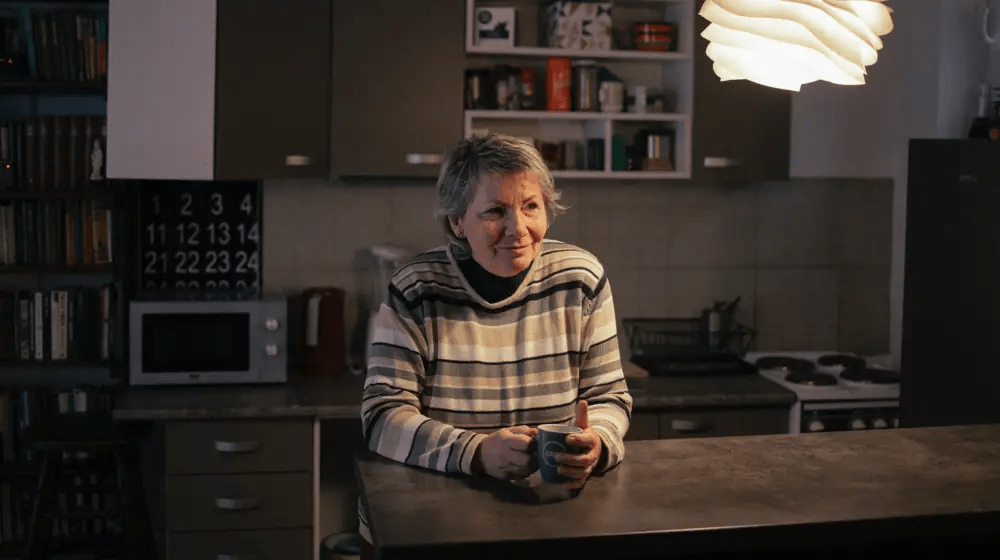“It takes time for cancer patients to realise what they're really up against," said Violeta Ivković.
Thirty years ago, Ms. Ivković, from Belgrade, Serbia, was a working mother with three small children, when she was diagnosed with early stage cervical cancer.
”I went to the gynaecologist every six months,” said Ms. Ivković. “Fortunately, the cancer was discovered in time. I had therapy, a radical hysterectomy, then radiation treatment.”
In 2021, more than 1,000 women in Serbia were diagnosed with cervical cancer and, of those, more than 400 died. According to the European Cancer Information System, in 2020 Serbia had the fifth-highest number of cervical cancer cases in Europe and a high mortality rate.
Cervical cancer is the second most common cancer among women of reproductive age in Eastern Europe and Central Asia and it is most common in women aged 35 and 45 years old. However, it is almost entirely preventable. Well-organised screening programmes can reduce cervical cancer rates by up to 80 per cent or by up to 90 per cent if combined with vaccination against the human papillomavirus (HPV), the virus that causes cervical cancer, in adolescent girls.
UNFPA, in cooperation with the Institute for Public Health of Serbia, the Ministry of Health and other partners, promotes and supports programmes aimed at preventing cervical cancer. During European Cervical Cancer Prevention Week, UNFPA, and partners, are organizing educational events for high school students to inform them about the importance and availability of the HPV vaccination.
“We must take collective action to combat cervical cancer,” said John Kennedy Mosoti, UNFPA Country Director for Serbia. “UNFPA in Serbia will continue to support learning and preventive programmes and mechanisms that raise awareness and contribute to the understanding of the importance of preventing this serious disease.”
In 2022, the Government of Serbia made vaccination free of charge for children and young people of both sexes between 9 and 19 years old. UNFPA continues to assist Serbia to organize and promote screening and vaccination across the country.
Ms. Ivković is in no doubt that parents should make sure their children are vaccinated.
"Prevention is fantastic,” said Violeta. “If the HPV vaccination existed 30 years ago, we would not be sitting here talking about this now. After what I went through, my children do not question whether they will vaccinate their own children.”


